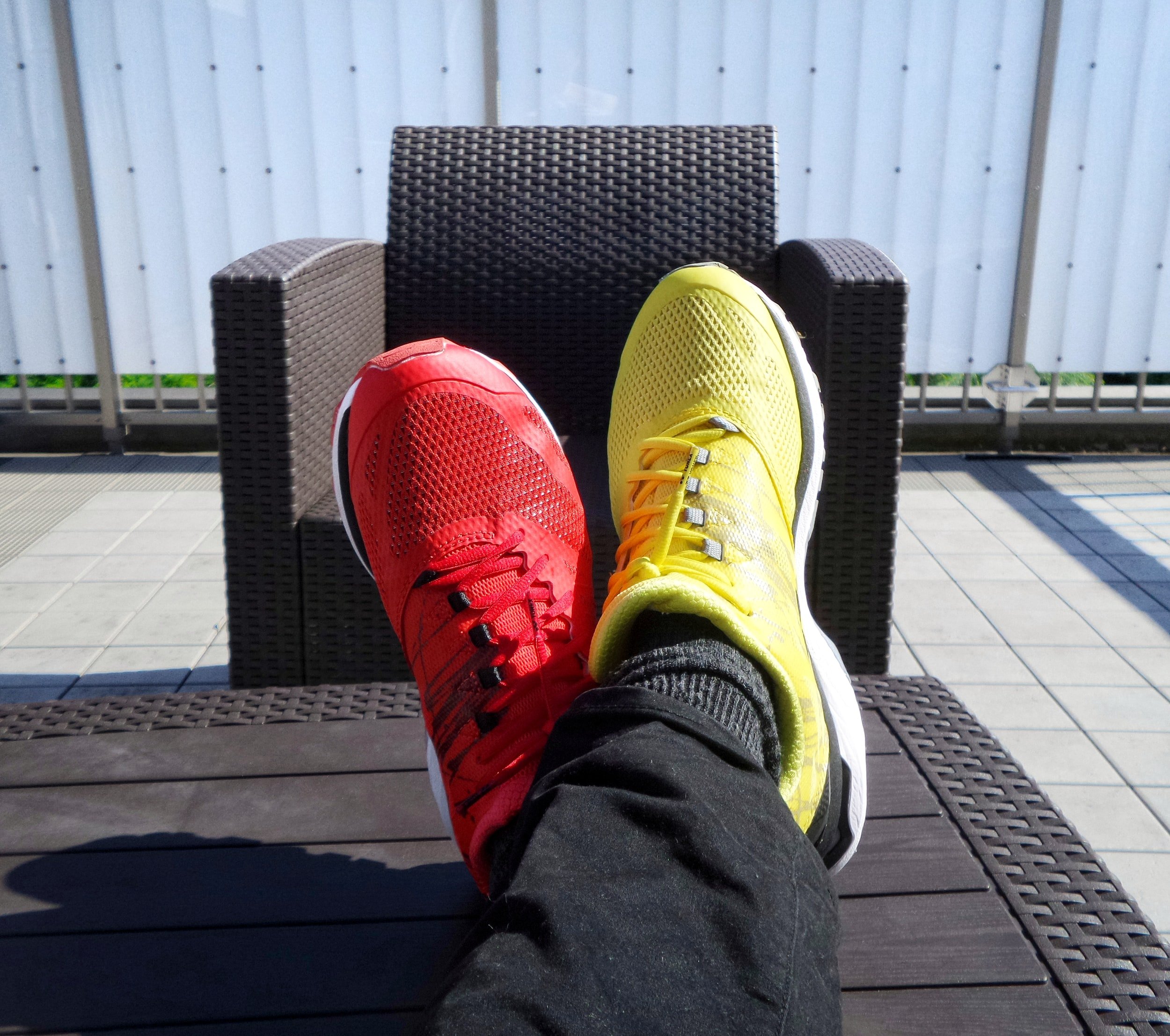The Public May Not Understand Logarithmic Graphs Used to Depict COVID-19
Mass media routinely portray information about COVID-19 deaths on logarithmic graphs. But do their readers understand them?
Anthropology Webinars Explore Fieldwork, Public Health, & Coronavirus
The World Council of Anthropological Associations (WCAA) has released, so far, two webinars relating to the effect of the spread of coronavirus on anthropology, and the effect (and potential effect) of anthropology on the coronavirus.
In a pandemic, what use is Google?
This blog by Sam Gilbert explains how internet search data is being used in responses to the Covid-19 pandemic, and what search datasets and tools are available to researchers.
Adapting your qualitative methods course for online learning
There’s a lot of uncertainty about how higher education will be taught in the age of COVID-19. How should professors and instructors of qualitative methods courses re-think their curriculums for online classrooms or cohorts? How can students conduct observations if they’re sheltered at home? How will students work in teams to analyze data if they’re distributed across the world? Here are some tips for alternative data collection methods, and collaborative tools for remote analysis.
Trailblazers Share Their Journeys: Impact Scholar Community Event #1
What does research impact mean for your career
Moving your behavioral research online
COVID-19 has affected research all over the world. With universities closing their campuses and governments issuing restrictions on social gatherings, behavioral research in the lab has ground to a halt. This situation is urgent. Ongoing studies have been disrupted and upcoming studies cannot begin until they are adapted to the new reality. At Volunteer Science, we’re helping researchers around the world navigate these changes. In this post, I’ll condense the most important recommendations we’re giving to researchers for translating their studies into an online format and recruiting virtual participants.
Multimodal and Visual Methods: A Research Conversation
Multimodal qualitative research can make use of visual data beyond simple data visualization.
Teaching & Facilitating Online: Resources from e/merge Africa
Learning opportunities with experienced educational technology specialists.
A webinar and interview with Dr. Michael Fetters
Thinking about designing a mixed methods study? Find ideas from Dr. Fetters in this interview and recorded webinar.
SAGE Concept Grants: Interviews with our £2,000 winners
The SAGE Concept Grants form an integral part of our mission at SAGE Ocean to support the use of computational methods and big data in social science research. Read interviews with the winners to find out how their tools will benefit social research, and how the funding from SAGE will help them.
Interview with Concept Grant 2020 winner: Knowsi
SAGE has announced the 2020 winners of its Concept Grant program, which provides funding for innovative software solutions that support social science research. In this blog we interview Andrew Lovett-Barron, the creator of the winning tool, Knowsi; a portal for researchers and participants to manage their consent relationship.
Thick Big Data: Mixed Methods for Our Time
Dr. Dariusz Jemielniak discusses the importance of mixed methods in Big Data research.
Exploring social justice in an age of datafication
At the start of 2020 we welcomed Data Justice Lab Co-Founder/Director Lina Dencik to the SAGE Ocean Speaker Series. Dencik is reader at Cardiff University’s School of Journalism, Media and Culture. The Data Justice Lab ‘carry out research that engages with data analytics from a social justice perspective. This includes research that examines the implications of institutional and organizational uses of data as well as research that provides critical responses to potential data harms and misuses’. Watch the talk below to discover past and ongoing projects from the Data Justice Lab.
Interdisciplinary Collage: Interview with Dr. Suzanne Culshaw
Collage as an interdisciplinary way of making research + art : a methods discussion with Suzanne Culshaw.








